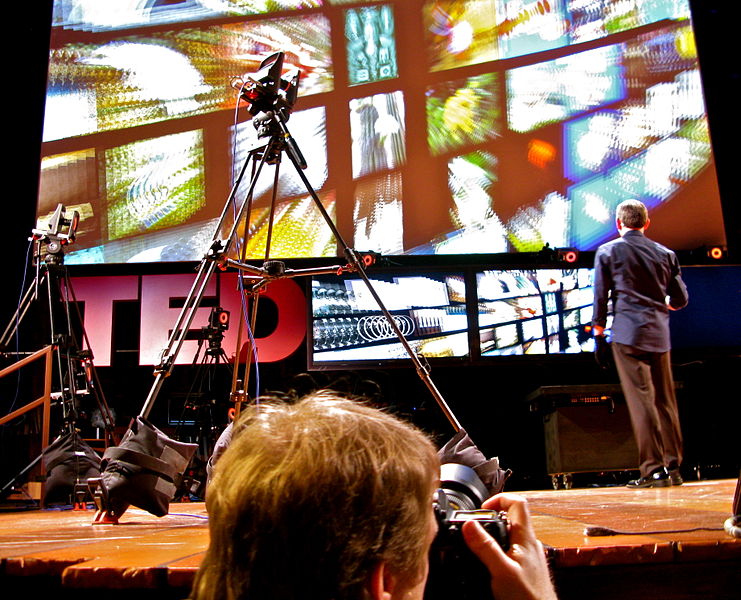In his great song “Pretty Boy Floyd,” Woody Guthrie, knowing that when it comes to crime a collar can be white just as easily as blue, sang these words:
Yes, as through this world I’ve wandered
I’ve seen lots of funny men;
Some will rob you with a six-gun,
And some with a fountain pen.
For those who employ the latter modus operandi, not even a stylus, let alone a pen, is necessary anymore. Over the last four decades in the U.S. (and much of the rest of the developed world), money has mysteriously moved from the middle class into the accounts of the 1%, and no one seems completely sure how it was transferred. We’re only know that it’s shifted, that it’s been shifty. Maybe it was the manipulation of tax codes or the decline of unions or the rise of the machines or the forces of globalization or the invention of outlandish Wall Street products. Probably it was all of that and more. The result is the disappearance of the prosperity enjoyed by a far greater percentage of Americans in the aftermath of WWII through the early 1970s, which was created by a humming capitalist engine paired with severe progressive tax rates that redistributed the wealth. No one need want to return to the pre-Civil Rights United States–wildly uneven in other odious ways–but there are some economic lessons to be learned there.
One thing that seems sure is the vast accumulation of riches at the top isn’t the end result of a successful experiment in meritocracy. These are the not uniformly the best, the brightest and the most deserving. Similarly, the shit-out-of-luck souls aren’t on the ever-widening bottom because of any defect of character or lack of work ethic. Some may drink or use drugs or divorce, but so do those whose wealth provides a cushion for such failings common to mere mortals. The main reason that poor people are so is because, at long last, they don’t have any money. They haven’t failed the system. Quite the contrary.
In a London Review of Books essay, Ed Miliband, the leader of the British Labour Party prior to Jeremy Corbyn, opines on the haves, the have-nots and the what-the-fuck situation we all find ourselves in, the eclipsed and the sun-kissed alike. The politician, who believes that beyond sheer unfairness, inequality ultimately inhibits economic growth, offers some prescriptions. The opening:
‘What do I see in our future today you ask? I see pitchforks, as in angry mobs with pitchforks, because while … plutocrats are living beyond the dreams of avarice, the other 99 per cent of our fellow citizens are falling farther and farther behind.’ Who said this? Jeremy Corbyn? Thomas Piketty? In fact it was Nick Hanauer, an American entrepreneur and multibillionaire, who in a TED talk in 2014 confessed to living a life that the rest of us ‘can’t even imagine’. Hanauer doesn’t believe he’s particularly talented or unusually hardworking; he doesn’t believe he has a great technical mind. His success, he says, is a ‘consequence of spectacular luck, of birth, of circumstance and of timing’. Just as his own extraordinary wealth can’t be explained by his unique talents, neither, he says, can rising inequality in the United States be justified on the grounds that it is a side effect of a broader economic success from which everyone benefits. As Henry Ford recognised, if you don’t pay ordinary workers decent wages, the economy will lack the demand to sustain economic growth.
Hanauer is in the vanguard of the ‘Fight for 15’, the campaign for a $15 minimum wage. Like Bill Gates and Warren Buffett, who have also issued loud warnings about inequality, he is heir to a long tradition of social concern among the wealthy in the US. They have reason to be worried. The last time inequality reached comparable levels was shortly before the Wall Street Crash. As Anthony Atkinson shows in Inequality: What Can Be Done?, inequality in the US fell for decades after the crash, before beginning to rise again in the 1970s. Since then the gap between the wealthy and the rest has grown steadily wider. The top 1 per cent now has nearly 20 per cent of total US personal income. In the 1980s, inequality in the UK went up even more sharply than in the US. Since then, overall UK inequality has been relatively stable but the income share of the top 1 per cent has increased significantly and now accounts for about 12 per cent of UK personal income. The important factors are rising inequality in wages, a decline in the share of the national income that wages represent as more money goes to corporate profits and dividends, and a reversal of redistribution from the rich to the poor.
The rise in inequality should not, Atkinson insists, be brushed aside as an inevitable effect of irresistible forces such as globalisation or developments in technology. It is driven by political choices.•



